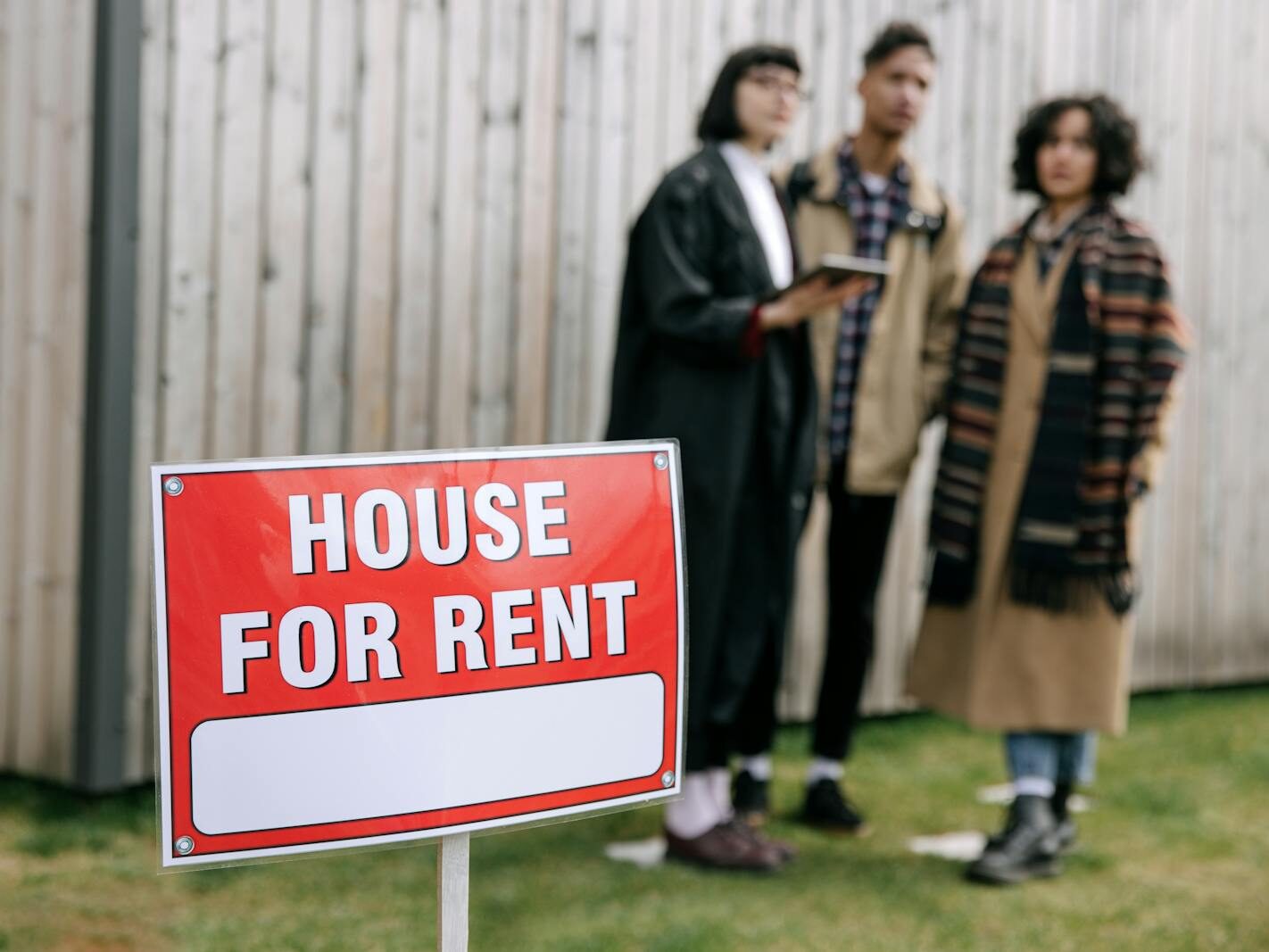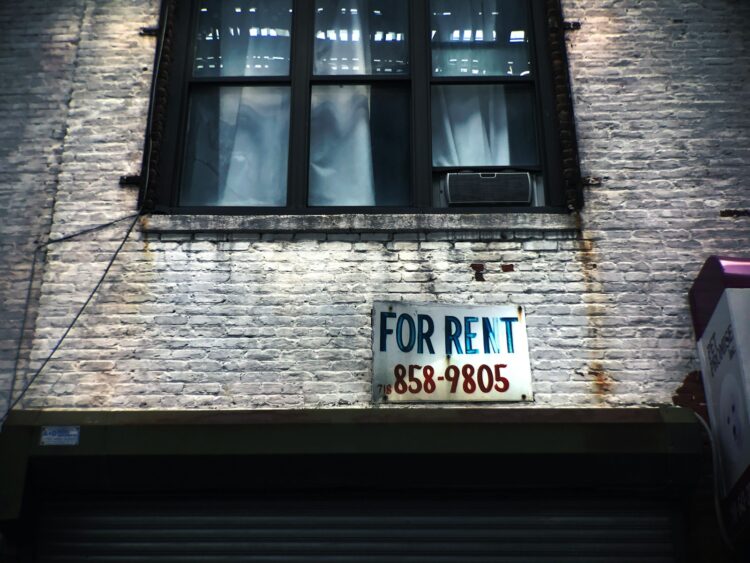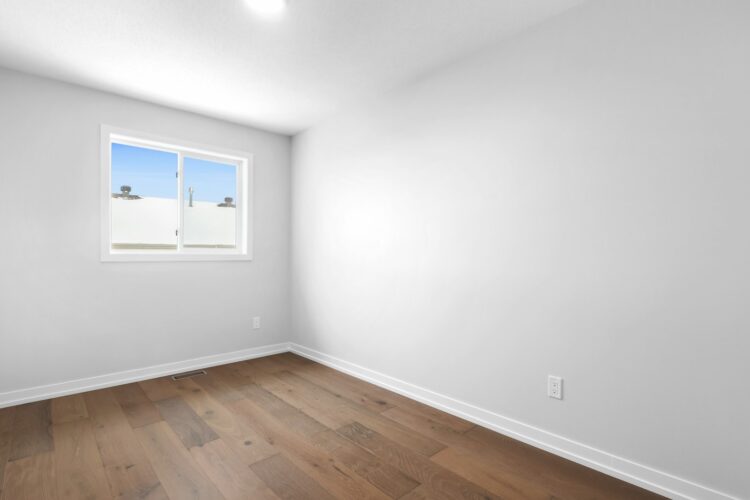
Hunting for a rental can feel like searching for treasure. There’s always the hope of finding something perfect, but plenty of traps lie along the way. The listing is your first clue about whether a property is worth your time. Some ads hideproblems in plain sight, using vague wording, missing details, or suspiciously good offers. To protect yourself from scams, financial headaches, or endless frustration, here are 15 rental listing red flags you should never ignore.
The Rent Seems Too Good to Be True

If the rent is way below market value, it’s usually not a lucky break—it’s a warning sign. Scammers often lure renters in with “too cheap” listings, only to ask for deposits upfront or vanish after getting your money. Sometimes a low price hidesserious issues like unsafe neighborhoods, hidden fees, or terrible conditions. Always compare the price to similar rentals nearby, and if it feels unrealistically low, trust your gut.
No Photos or Only Stock Images

Legitimate listings include plenty of photos of the actual property. If you see stock images, blurry shots, or no photos at all, that’s a major red flag. It might mean the place doesn’t exist, is in poor condition, or the landlord doesn’t want you to see something. Always ask for real, up-to-date photos, and if the landlord refuses or dodges the question, move on immediately.
Vague or Overly Generic Descriptions

A solid listing should tell you more than “nice apartment in a good location.” If the description avoids details like square footage, amenities, or condition, that could mean the landlord is hiding flaws. Phrases like “cozy” might translate to “tiny,” and “needs a little TLC” often means “falling apart.” Read between the lines, and don’t settle for listings that lack the specifics you need to make a decision.
No Address or Only a Rough Location

If the listing won’t provide an actual address, you should be cautious. Scammers often avoid giving a location, so you can’t check property records or neighborhood safety. Even some legitimate landlords may only share cross-streets, which makes it harder to confirm whether the home exists. If they refuse to give an exact address before you visit, that’s usually a sign that something is off.
Pressure to Pay Before Seeing the Place

One of the biggest rental scams is pressuring people to send money before they’ve even set foot in the property. Any request for a deposit, application fee, or rent without a walkthrough should set off alarms. A legitimate landlord or agent will let you view the home before asking for money. If they insist otherwise, assume it’s a scam and walk away.
Strange Payment Requests

Be wary if the landlord asks for payment through wire transfers, gift cards, or cryptocurrency. These methods are untraceable and a favorite of scammers. Legitimate landlords usually use checks, bank transfers, or established platforms for rent collection. If the payment method seems unconventional or intentionally complicated, that’s your signal that the listing may not be legitimate.
“Act Fast, It Won’t Last!”

High-pressure sales tactics in rental listings are a sign of manipulation. While good apartments do rent quickly, no legitimate landlord will demand you commit instantly. If the ad says you must sign a lease today or risk losing the place, be cautious. Scammers love to create urgency so you won’t notice the red flags. Always take time to verify details before handing over money.
No Background or Credit Check Required

It might sound convenient, but skipping tenant screening is a warning sign. Most responsible landlords want background or credit checks to ensure stability. If they don’t care who rents, it could mean they’re desperate because the property has serious issues—or the “landlord” isn’t legitimate at all. Be skeptical of any listing that promises you can move in instantlywithout proper checks.
Poor Grammar and Spelling in the Listing

Not every mistake means a scam, but repeated errors, odd phrasing, or robotic wording are common in fraudulent ads.Scammers often copy-paste text from other sites, or English may not be their first language. While a small typo isn’t alarming, if the entire listing looks sloppily written, it’s worth questioning whether it’s legitimate.
Refusal to Meet in Person

If the landlord avoids meeting face-to-face, that’s a huge red flag. They might claim to be “out of the country” or “too busy” and promise to mail you the keys once you pay. This is one of the oldest rental scams around. A real landlord or property manager will be available for at least a virtual or in-person meeting before finalizing anything.
Limited or No Lease Agreement Mentioned

Be wary of listings that don’t mention a lease or suggest a vague “arrangement.” A proper lease protects both landlord and tenant, so avoiding one is suspicious. Without a lease, you have no legal protections if something goes wrong. Always ask about the terms upfront, and if they dodge the question, that’s a sign to walk away.
“Utilities Included” Without Details

Sometimes “utilities included” is a great deal—but if the listing doesn’t specify which ones, it could be misleading. You might assume electricity, gas, and internet are covered, only to find out it’s just water. Worse, some landlords use this phrase and then add hidden charges later. Always clarify in writing which utilities are included before you sign anything.
Refusal to Show the Inside Until Move-In

Some listings claim you can’t see the interior until you’ve already signed the lease or paid. That’s a major red flag. It usually means the property doesn’t look like the photos, or there’s no property at all. A trustworthy landlord will let you tour the place—physically or virtually—before any money changes hands.
Too Many Rules or Restrictions

If the listing comes with a long list of extreme or unusual rules, like no visitors allowed, no cooking after 7 p.m., or no packages delivered, it’s a warning sign of a difficult landlord. While some rules are normal, overly restrictive ones can make your living situation miserable. Pay attention to the fine print before committing to avoid constant conflict later.
Overly Pushy or Evasive Communication

How the landlord or agent communicates is a red flag in itself. If they dodge questions, give inconsistent answers, or pressure you to move faster, take it as a warning. Professional landlords are clear, transparent, and responsive. If something feels “off” in your conversations, trust your instincts. Evasiveness is often the clearest sign of a scam or hidden problem.

